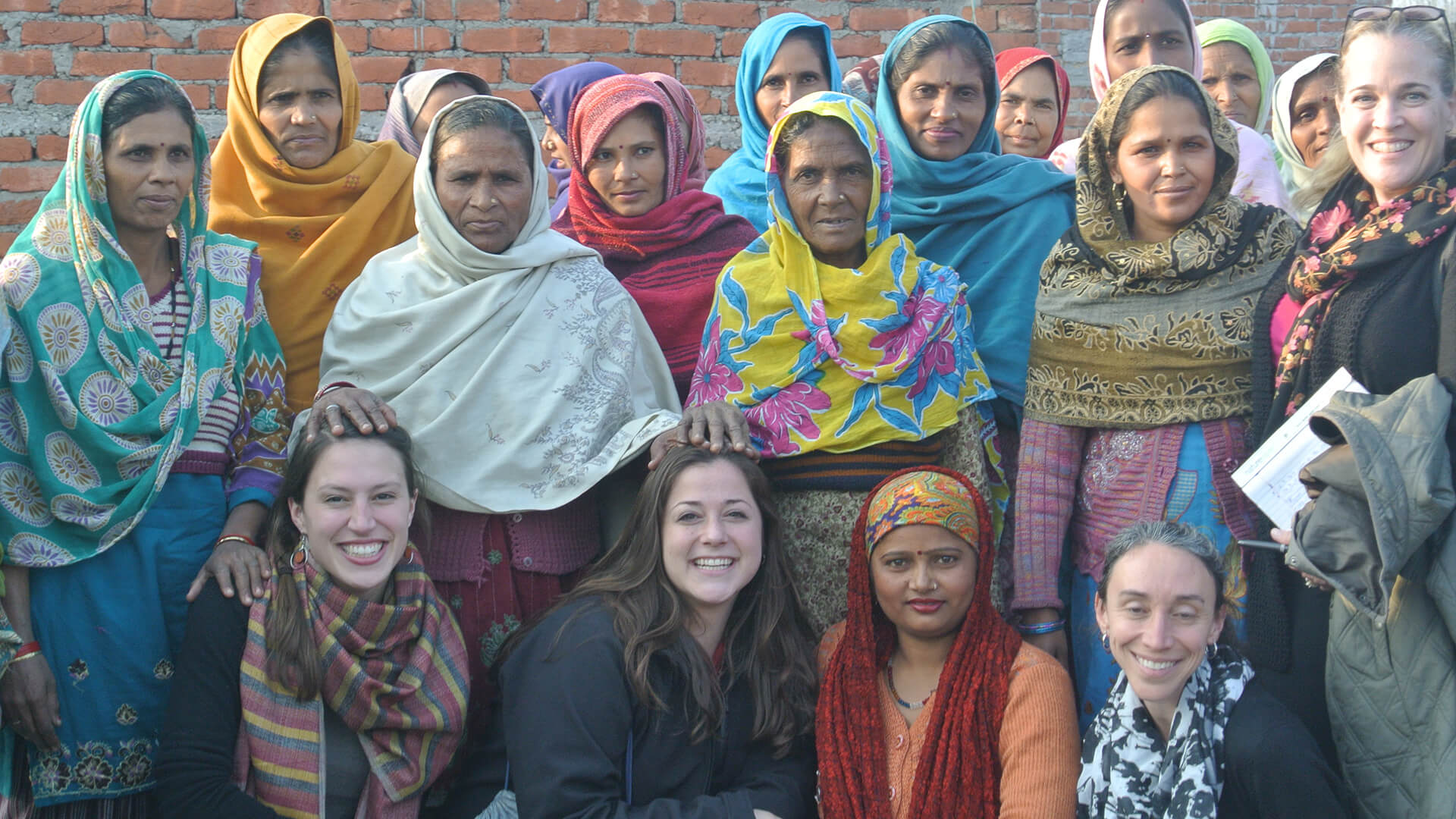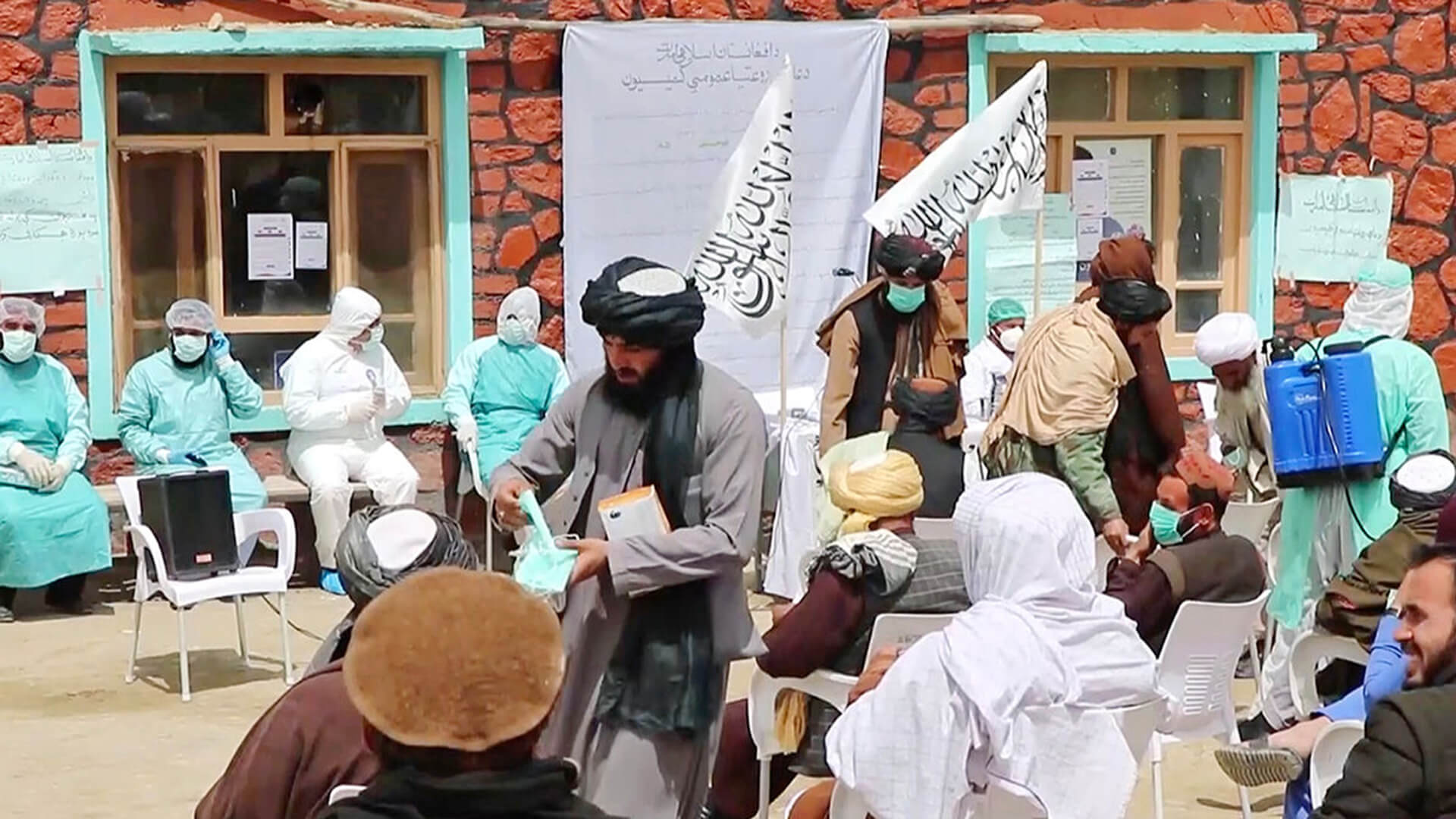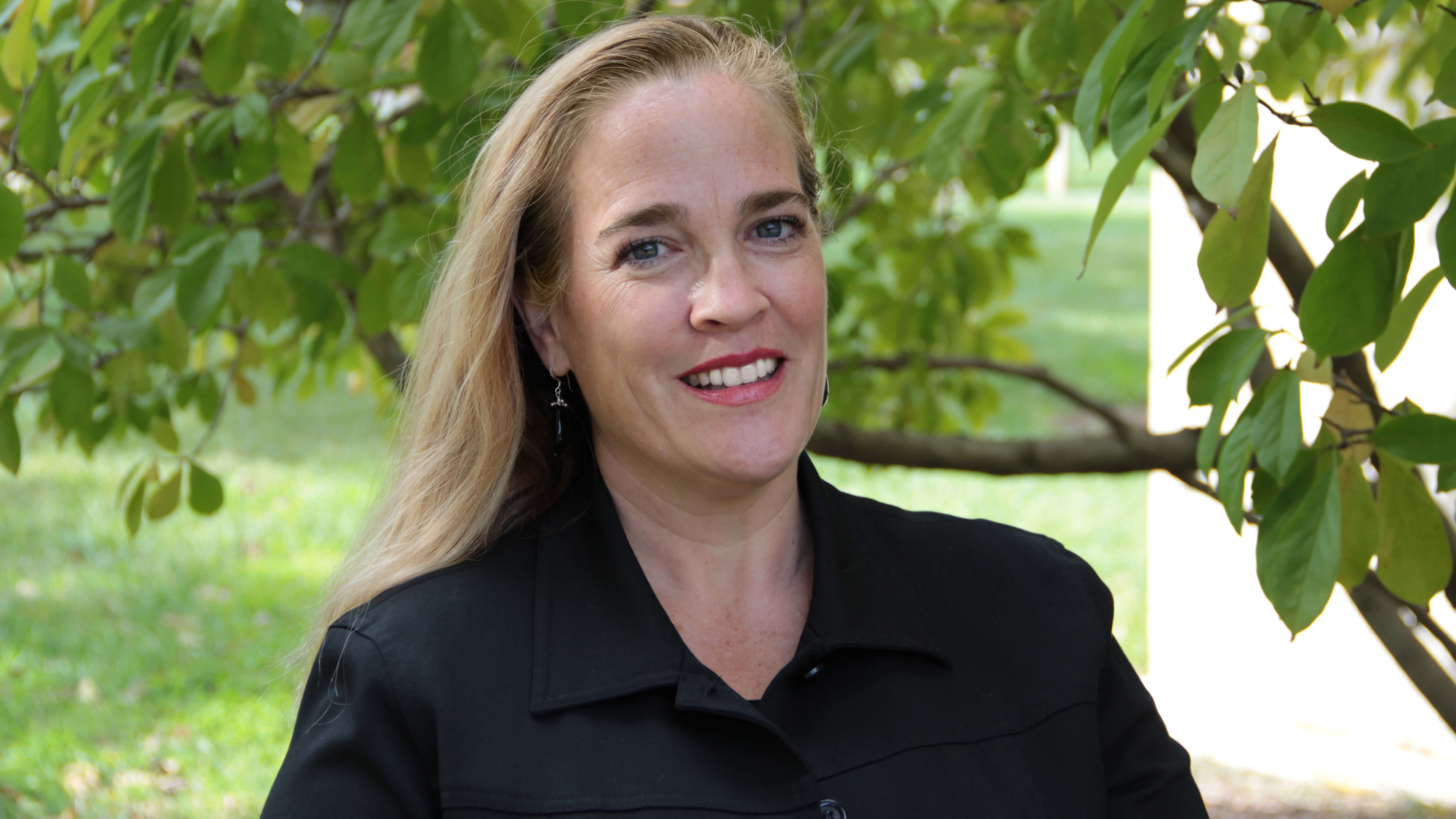Angela Bies is an endowed associate professor of global philanthropy and nonprofit leadership at the University of Maryland School of Public Policy and serves as associate dean for graduate student success in the Graduate School. Previously, she was chair of the faculty, associate professor and director of international programs at the Indiana University Lilly Family School of Philanthropy.
Her research interests include comparative nonprofit and NGO regulation, accountability and governance; the emerging role of philanthropy in China; nonprofit capacity-building; and nonprofits and disasters. Prior to Indiana University, she was an associate professor of public administration at the Bush School of Government & Public Service at Texas A&M University, where she provided leadership on the creation of their nonprofit management program. She currently serves as a board member and annual conference chair for the Association for Research on Nonprofit Organizations and Voluntary Action and on the editorial board of Nonprofit Management & Leadership.
Prior to joining academia, Bies led the Charities Review Council of Minnesota and the Minnesota Women’s Center. Her international development work includes a position as a U.S. senior program officer for the American Field Service and field projects in Africa, Central Europe and Pakistan. Bies also served as a Peace Corps volunteer in Kenya and a National Endowment for the Arts fellow.
- Global philanthropy; nonprofit leadership
Today, philanthropic and nonprofit organizations play significant roles in shaping how public policy gets developed and implemented, as well as how change occurs in society. This course will define philanthropy as an exploration of how one develops a vision of the public good and then how a person or group can deploy resources to achieve a positive and lasting impact. During the semester, the class will go through the challenging and exciting process of ultimately granting approximately $7,500 to an organization that we believe can use these resources to achieve an impact on an issue of international significance. Our class grant deliberations and decisions will ultimately lead us to confront, question, and sharpen our philanthropic values, decisions and leadership skills.
Schedule of Classes
Restricted to PLCY majors or permission required.
Schedule of Classes
Students undertake a complex policy or management challenge on behalf of a client, often of their choosing.
Building on their work in PLCY690, students undertake and present a complex policy or management analysis on behalf of a client, often of their choosing.
Schedule of Classes

A unique feature of our work is a global philanthropy and NGO leadership effort. This growing area immerses and engages graduate and undergraduate students in major international philanthropic and NGO leadership issues throughout the world. Through a variety of learning and development experiences, students are equipped to make a significant difference around the globe. The program offers multiple compelling field-based abroad experiences offered through the School of Public Policy.
Learn More about Global PhilanthropySchool Authors: Angela Bies
Other Authors: Angela Bies





